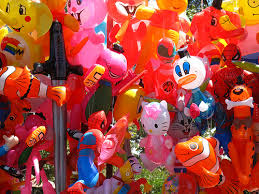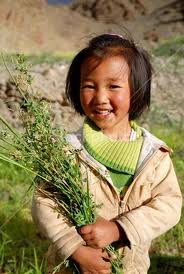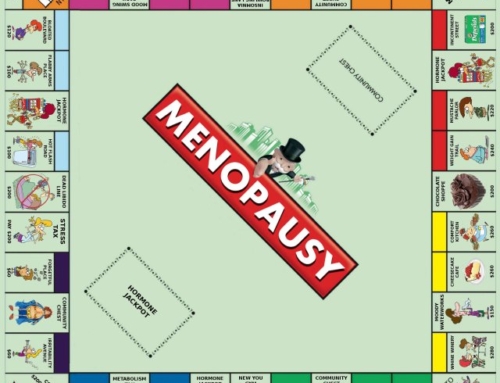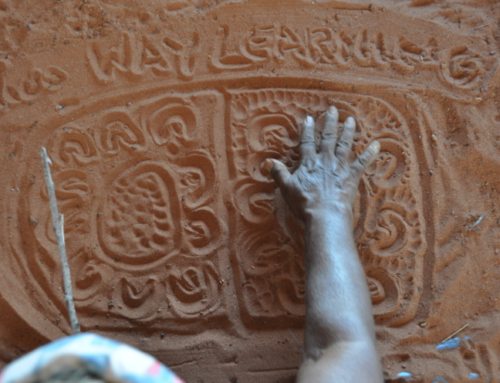 “Happiness is not a goal…it’s a by-product of a life well lived.”- Eleanor Roosevelt
“Happiness is not a goal…it’s a by-product of a life well lived.”- Eleanor Roosevelt
March 20th celebrated the first International Happiness Day. I still am trying to figure out what that means. Should I paint on a smile, buy those shoes I have wanted for so long, or focus on gratitude? With hundreds of self help books like Techniques for a Happier Life, or How to Pursue Happiness, or The Happiness Trap, When Happiness is Not Enough, Eight Steps to Happiness, etc. etc., it should be simple to find out.
How many of us could recognise happiness if she came walking down the street? Would she have a gaggle full of jelly bean coloured balloons, trumpets blaring, as she was attended to by handmaidens? What if happiness wasn’t what we thought it was going to be, or have been convinced it should be? What if happiness didn’t look like endless fulfilment of all one’s conceivable desires? What if happiness was air, water, seeds and a sense of the sacred? Or fresh water to drink? What if happiness is like the sky, always there but rarely noticed? Have we wholeheartedly swallowed the advertised conditions for happiness and forever relegated ourselves to the disease of dissatisfaction? What if happiness wasn’t something we needed to strive for? What if a simple life that fulfilled our basic human needs for nourishment, shelter, air, and community defined happiness?
In a paper entitled The quest for happiness in Japan, Florian Coulmas writes:
“Can the measuring of happiness be independent of socioeconomic circumstances, expectations and values prevalent at a given place and time? What is the role of culture in the experience, perception and evaluation of happiness?
A major cause of the renewed scientific interest in happiness was the observation in the most saturated societies that increased wealth did not necessarily bring about increased happiness (Diener and Oishi 2000). Economists have for generations wrestled with the question of how wealth and happiness are related to each other, and the generally accepted answer today is that the correlation between poverty and unhappiness is stronger than that between wealth and happiness which is another way of saying that the correlation between material and mental wellbeing becomes weaker with growing affluence.
The “pursuit of happiness” is, of course, anything but happiness, and the “unalienable right” to it has become the duty not to be modest and content with what you have. That is the ideological mainspring of capitalism. Happiness is not to be found in restraint and accommodation to circumstances, but in untiringly producing and consuming goods that will make us richer, wiser, healthier, etc.”
It’s as if happiness was a prerequisite to success. If success is what we’re after. What is success? How do we define happiness? It’s easy to make assumptions. We grapple with depression as a culture, yet we are committed to the ‘pursuit of happiness’. The World Health Organisation (WHO) has predicted that by 2030, depression will account for the highest level of disability accorded any physical or mental disorder in the world (WHO, 2008).
Connection is the antidote to depression. The literal translation of the Japanese word for happiness: ‘Shiawase’ is ‘to bring things together’, explained Keibot Oiwa, Japanese cultural anthropologist, environmental activist and founder of The Sloth Club, an ecology and “Slow Life” NGO. Last month Helena Norberg-Hodge facilitated vital connections by hosting The Economics of Happiness Conference, a global event held in her local town of Byron Bay, Australia. ‘Local vs. global’ is a fundamental step in the right direction for true happiness, according to Helena, passionate pro-active advocate for cultural sustainability, author, film maker, and international researcher. During the inspirational three day event world thought leaders addressed the decaying dead end culture of capita-patriarchy and conferred on the essential components in a multifaceted approach to true sustainability : ecological, economical (firstly by redefining value and worth), cultural, and multigenerational.
Drawing on Indigenous wisdom, the teachings of deep ecology and the painful lessons extracted from colonisation’s failings, each international speaker, from US economists to ex-Korean political prisoners, clarified for me what has become so overcomplicated. CARE: The essence of happiness and sustainability comes down to care. To take care takes time, consideration of all our Relations (flora, fauna, the elemental, the cosmos, ancestry and future generations), and calls for a human vulnerability that has the power to connect us all.

Smoke in bed
I never could digest
Those illusions you claim to have going





